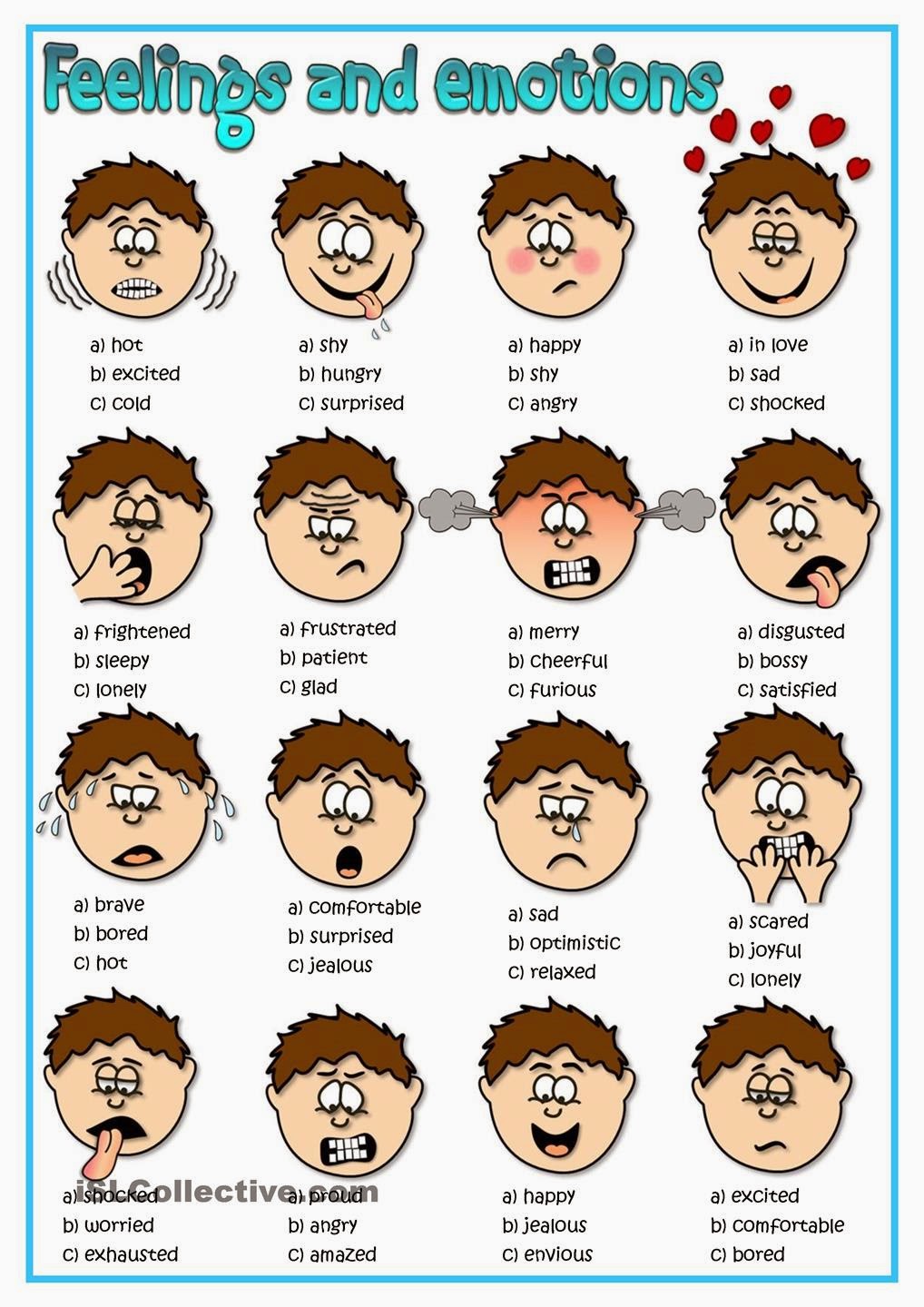Task 3:
Create
an image based writing activity using PicLit
Create a PicLit, and publish it in the blog, as an
example of what your students will do on their own. The target of this activity
is to develop creative writing. Language
can be used with a direct aim, like using new vocabulary, practicing word
order, recognizing grammar categories, etc., or to create a story enhanced with
a set of pictures of the student’s choice. In the Blog entry there must be a
short description of the activity: which level it is aimed at, what language
content is dealt with, etc.
This image is thought to be the introduction of a debate activity in class. The idea is to make our students to reflect upon life, what could be happiness, what they consider as happiness, and compare their daily routine with happiness, in order to make them know if they really practise what they like, and to encourage them to do what really makes them happy.
The quote is taken from a Hungarian film called Kontroll.
The level of our students would be high since we have to discuss some issues which require abstract knowledge.
This image is thought to be the introduction of a debate activity in class. The idea is to make our students to reflect upon life, what could be happiness, what they consider as happiness, and compare their daily routine with happiness, in order to make them know if they really practise what they like, and to encourage them to do what really makes them happy.
The quote is taken from a Hungarian film called Kontroll.
The level of our students would be high since we have to discuss some issues which require abstract knowledge.




